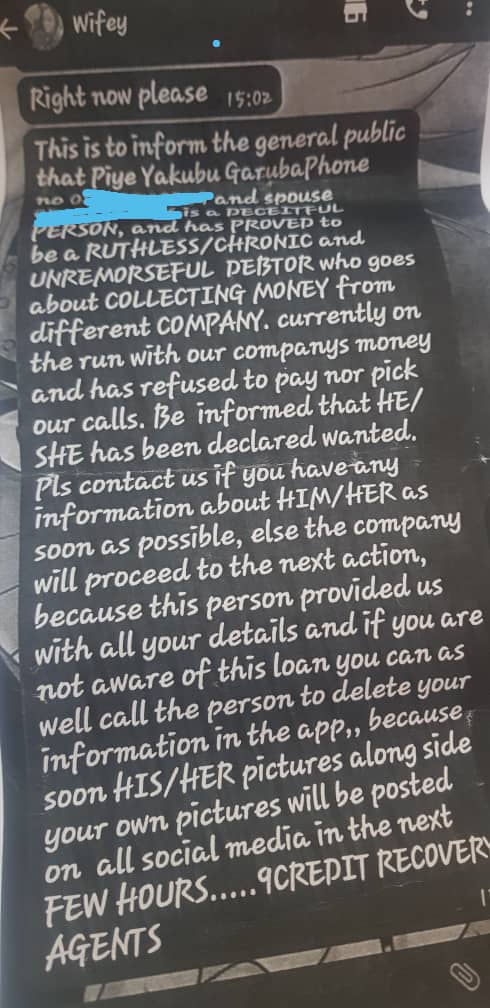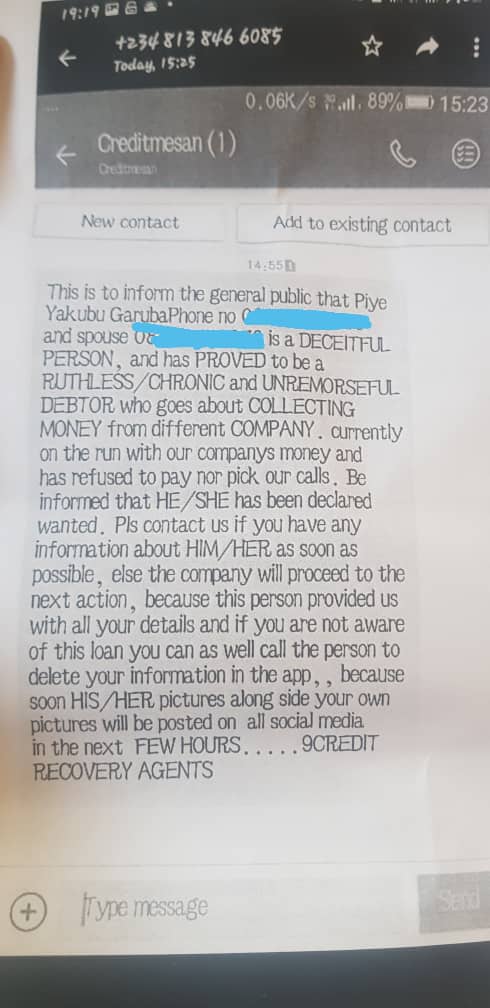Last week, the Wisconsin Supreme Court heard the Armslist case that we’ve written about a few times. This is the case where victims of a shooting are trying to sue the website Armslist that had hosted the ad for the gun that the shooter bought to use in the crime (likely legally). Most cases that have interpreted CDA 230 over the past twenty-odd years have agreed that the language of that law is clear that websites cannot be held liable for the actions of their users, but last year a Wisconsin appeals court decided otherwise. The Wisconsin Supreme Court agreed to revisit this decision, and last month we filed another amicus brief to explain the important issues at stake for the internet and free speech.
A number of other amicus briefs were filed as well — including a stunning one on behalf of Senator Richard Blumenthal and some retired members of Congress, which first wrongly insisted that CDA 230 did not apply to the web platform being sued for actions of its users, and then went on to make some truly astonishing claims about FOSTA, a bill that Blumenthal was a key co-sponsor for.
It should be noted that Blumenthal and CDA 230 have a long history — one that goes back to a time long before he was in the Senate. Back when he was merely a grandstanding Attorney General in Connecticut, Blumenthal regularly would threaten internet companies for the actions of their users, ignoring the fact that CDA 230 prevented Blumenthal from taking this action against them. He went after MySpace because some sexual predators used the site. He went after Facebook for the same thing. Oh, and how could we forget his years-long crusade against Craigslist. Basically, as Attorney General, every few months, Blumenthal would generate splashy headlines by grandstanding to the press about some evil thing that people had done on the internet — and incorrectly blaming the tools and services that those had people used to do it.
So it was little surprise that when a chance came up to gut Section 230’s critical protections for platforms, and by extension speech on the internet, Blumenthal became the key sponsor from the Democratic side of the Senate to push these changes forward (Senator Rob Portman was the key sponsor from the GOP).
Because it’s long been apparent that Blumenthal has liked to ignore what CDA 230 did (and why), it is not too shocking that with this brief he attempted to make the Wisconsin Supreme Court ignore it too. But it is odd that he would do this by misstating how the bill he sponsored, FOSTA, changed Section 230, and would have had to change it if he wanted its protections to be curtailed, by pretending it didn’t actually change it. Armslist, in its own brief, had correctly pointed out that the passing of FOSTA showed that CDA 230 provided platforms with broad immunity, and that Congress would have had to amend it if it wanted to exempt certain activities from its coverage. Yet somehow Blumenthal tries to argue that’s not what FOSTA was for:
According to Armslist, “[t]hat Congress saw the need to amend the CDA to exclude protection for certain sex trafficking crimes” proves that the First Circuit’s broad reading of Section 230 was correct, because otherwise “the amendment would not have been necessary.” Respondents’ Br. 20. Armslist’s interpretation of FOSTA is astonishing, bold, and completely inaccurate.
[….]
The purpose of FOSTA was to “clarify” what was already true—“that section 230 of [the CDA] does not prohibit” suits like Backpage.com.
This last sentence is just wrong, and he should know that. He literally told reporters that the point of FOSTA was “that there’s a need for stronger rules of the road when it comes to accountability in this industry.” If CDA 230 wasn’t already preventing the litigation he thought desirable, then there would have been no need to change it. And there certainly would have been no call for him to put out a press release praising the new “tools in our legislation” that FOSTA was intended to deliver if FOSTA did not make significant changes he thought were needed to hold platforms like Backpage liable.
The upshot is that with this brief, Blumenthal essentially admitted how unconstitutional FOSTA is. At best, if all FOSTA truly did was “clarify” how Section 230 operated, it was an unnecessary incursion on expression. But in bragging about the significant changes FOSTA brought, he also ends up confessing how they are an unconstitutional incursion on expression:
Congress did not enact FOSTA to narrow Section 230’s applicability to traditional sex-trafficking actions. Traditional “sex trafficking crimes are clearly outside th[e] scope” of “speaking and publishing.” FOSTA, however, created a new breed of sex-trafficking actions based on the sort of publication-related conduct that Section 230 ordinarily immunizes: (1) “facilitating a violation of” sex-trafficking law, including by “publishing information designed to facilitate sex trafficking,”
“Publishing information” is a 1st Amendment protected activity. Now it is possible that a court might determine that “publishing information designed to facilitate sex trafficking” falls into the somewhat ill-defined “speech integral to criminal conduct” exception to the 1st Amendment, but the “integral” part is a higher bar than you might think — and speech that merely “facilitates” such activities seems unlikely to clear that hurdle (especially given that we already see FOSTA leading to the suppression of much broader speech than any that actually is involved in sex trafficking).
But, hey, I guess as long as Blumenthal is this committed to interfering with how Section 230 works, it makes sense that he’d have no problem interfering with how the First Amendment works too.
Permalink | Comments | Email This Story
Techdirt.


